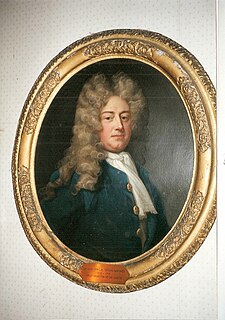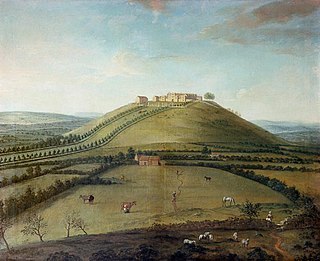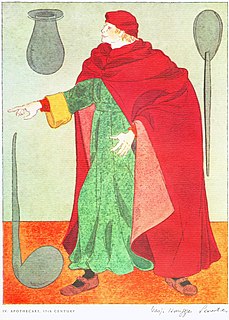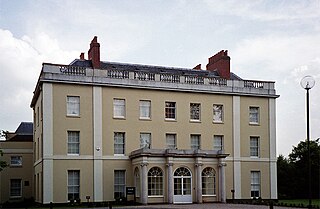The office of Lord High Chancellor of Ireland was the highest judicial office in Ireland until the establishment of the Irish Free State in 1922. From 1721 to 1801, it was also the highest political office of the Irish Parliament: the Chancellor was Speaker of the Irish House of Lords. The Lord Chancellor was also Lord Keeper of the Great Seal of Ireland. In all three respects, the office mirrored the Lord High Chancellor of Great Britain.

John Smith (1656–1723) of Tedworth House, Hampshire, was an English politician who sat in the English and British House of Commons between 1678 and 1723. He served as Speaker and twice as Chancellor of the Exchequer.
James Chase may refer to:
Events from the year 1673 in England.
Nicholas Lechmere, 1st Baron Lechmere was an English lawyer and Whig politician who sat in the House of Commons from 1708 until 1721 when he was raised to the peerage as Baron Lechmere. He served as Attorney-General and Chancellor of the Duchy of Lancaster.

Sir John Evelyn, 1st Baronet of Wotton, Surrey, was a British politician.

Denzil Onslow of Pyrford was a British Whig politician. Through advantageous marriages, he obtained a country estate and became prominent in Surrey politics of the Hanoverian era, although his great nephew Arthur Onslow, as Speaker, judged that Denzil knew "no more of the business [of the House of Commons] than one who had been of the standing of a session".

Thomas Thynne, 2nd Viscount Weymouth of Longleat House in Wiltshire was an English peer, descended from Sir John Thynne (c.1515-1580) builder of Longleat.
Sir John Eyles, 2nd Baronet of Gidea Hall, Essex, was a British financier and politician who sat in the House of Commons from 1713 to 1734. He was Lord Mayor of London in 1726.
Sir James Abercrombie, 1st Baronet of Edinburgh, was a British Army officer and Whig politician who sat in the House of Commons of Great Britain in 1710.

John Rolle (1679–1730) of Stevenstone and Bicton in Devon, was a British landowner and Tory politician who sat in the English House of Commons from 1703 to 1705 and in the British House of Commons from 1710-1730. He declined the offer of an earldom by Queen Anne, but 18 years after his death his eldest son was raised to the peerage in 1748 by King George II as Baron Rolle.
Thomas Freke, of Hannington, Wiltshire, was an English politician.
Sir Edward Williams (1659–1721) of Gwernyfed, Breconshire was a British politician who sat in the English House of Commons between 1697 and 1708 and in the British House of Commons from 1708 to 1721.
Alexander Abercromby of Glassaugh, Fordyce, Banffshire was a Scottish Army officer and politician who sat in the Parliament of Scotland from 1706 to 1707 and in the British House of Commons from 1707 to 1727.

Sir John Conway, 2nd Baronet of Bodrhyddan Hall, Rhuddlan, Denbighshire was a British politician who sat in the House of Commons between 1685 and 1721.

Sir Thomas Mackworth, 4th Baronet of Normanton Hall, Rutland was a British landowner and politician who sat in the English House of Commons between 1694 and 1708 and in the British House of Commons between 1713 and 1727. He was a speculator in mining.

Sir Henry Hoghton, 5th Baronet (c.1678–1768) of Hoghton Tower, Lancashire was a British politician who sat in the House of Commons between 1710 and 1741. He had strong dissenting religious views which sustained his militancy against the Jacobite rebellions.

Sir John Guise, 3rd Baronet of Elmore Court, Gloucestershire was a British landowner and politician who sat in the House of Commons between 1705 and 1727.
Sir Tristram Dillington, 5th Baronet of Knighton was a British Army officer, landowner and politician who sat in the House of Commons between 1707 and 1721.

Henry O'Brien, 8th Earl of Thomond was an Irish peer and Member of Parliament.
This page is based on this
Wikipedia article Text is available under the
CC BY-SA 4.0 license; additional terms may apply.
Images, videos and audio are available under their respective licenses.












